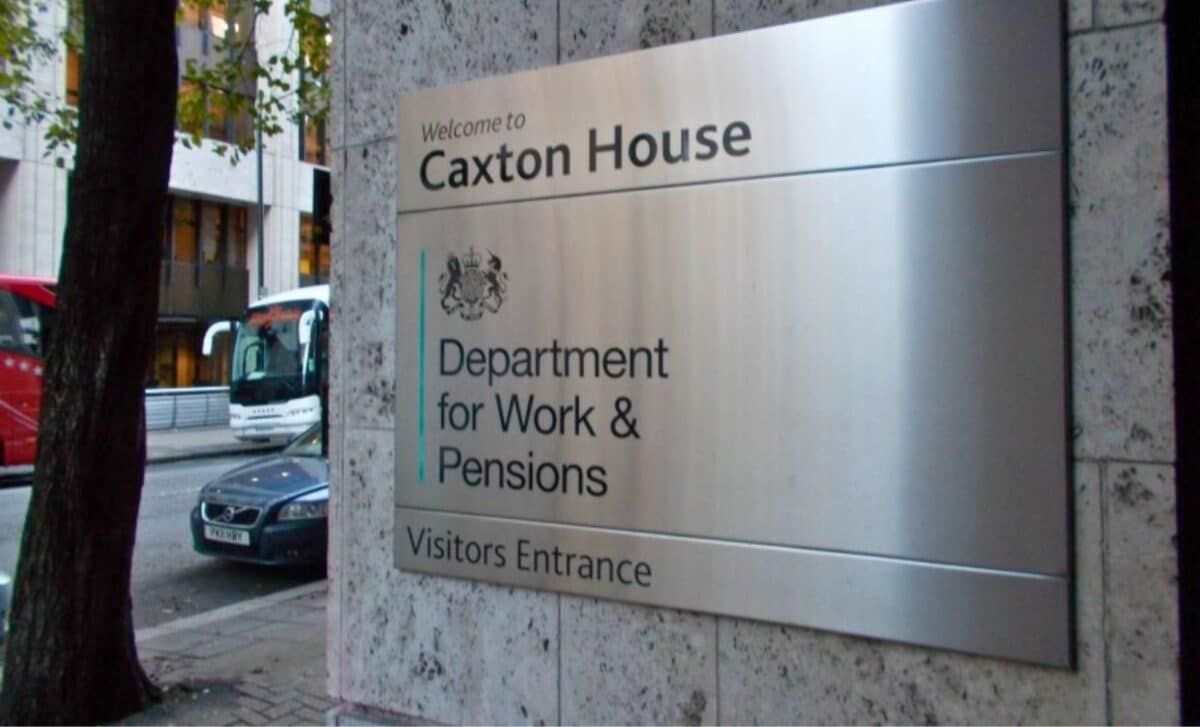The Department for Work and Pensions (DWP) has escalated its efforts to combat fraud within the Personal Independence Payment (PIP) system. Armed with enhanced powers and new investigative techniques, the department is tightening its scrutiny of benefit claims to ensure that funds are distributed fairly.
This intensified crackdown follows the implementation of the Fraud, Error, and Debt Bill, which has expanded the DWP’s authority to gather evidence and collaborate with other organisations. For PIP claimants, this means greater accountability but also a heightened risk of being investigated, even for unintentional errors. Understanding how these investigations work and how to avoid triggering one is essential for anyone receiving or applying for PIP.
What Triggers a DWP Investigation?
Investigations are not initiated arbitrarily. The DWP targets cases where there are indications of discrepancies or potential fraud. One common trigger is the misrepresentation of a disability or the failure to notify the department of changes in a claimant’s condition. For example, if a claimant’s health improves or a new diagnosis alters the original assessment, the DWP expects this to be reported promptly.
Reports from third parties, such as neighbours, colleagues, or healthcare professionals, can also prompt an investigation. These reports might allege inconsistencies between a claimant’s reported condition and their observed activities. Additionally, routine audits or random checks can bring cases under review.
The introduction of stricter guidelines for first-time PIP applicants and those updating their claims has further raised the likelihood of investigations. The DWP now examines claims with a sharper focus on the accuracy of medical evidence and the consistency of the information provided.
How Does the Investigation Process Work?
Once an investigation is triggered, the DWP begins by gathering evidence to assess the validity of the claim. This phase often involves analysing financial records, reviewing correspondence, and examining social media activity. Fraud Investigation Officers (FIOs) may also conduct interviews with the claimant or people associated with them, such as employers or healthcare providers, to verify the details of the claim.
During this process, claimants may not always be notified immediately, as the department works to build a preliminary case. However, if the investigation progresses, the claimant will be contacted via post, phone, or email, depending on their listed preferences. At this stage, they may be asked to attend an interview or prepare for a visit from an FIO.
The DWP’s new powers allow it to go further than ever before in its efforts to uncover fraud. These powers include enhanced access to bank records and greater collaboration with financial institutions, enabling the department to cross-check transactions against reported income and expenses.
A Stark Warning from Experts
Legal experts have highlighted the seriousness of these investigations. One solicitor explained:
“To put it plainly, no-one is immune from DWP investigation.”
This warning underlines the importance of accuracy and honesty in all dealings with the DWP. Even minor errors or omissions can raise red flags, potentially leading to an investigation. For claimants, the best defence is to ensure that all information submitted to the DWP is up-to-date, consistent, and supported by reliable evidence.
Implications for Claimants
The DWP’s crackdown has significant implications for both genuine claimants and those attempting to defraud the system. For individuals relying on PIP to manage the financial challenges of living with a disability, the prospect of an investigation can be deeply stressful.
However, the department argues that these measures are necessary to preserve the integrity of the benefits system. By identifying and addressing fraudulent claims, the DWP aims to redirect resources to those who genuinely need them.
While the focus is on deterring fraud, critics have raised concerns about the potential for overreach. Increased scrutiny may result in legitimate claimants facing unnecessary stress and disruption, particularly if investigations are triggered by misunderstandings or malicious reports.
How to Avoid Complications
For PIP claimants, staying compliant with DWP regulations is critical. This includes promptly reporting any changes in circumstances, maintaining thorough records of medical appointments and diagnoses, and ensuring that all submitted information is accurate. Regularly reviewing your claim to ensure that it reflects your current condition can also help to avoid complications.
If you find yourself under investigation, it is crucial to remain calm and cooperative. Responding promptly to requests for information, providing detailed documentation, and seeking legal advice if necessary can help to resolve the situation efficiently.
Balancing Enforcement and Support
The DWP’s approach to fraud prevention highlights the fine line between enforcing regulations and supporting vulnerable individuals. While these measures aim to protect public funds and ensure fairness, they must also account for the realities faced by claimants living with disabilities.
For most PIP recipients, the fear of being unfairly targeted can be alleviated by adhering to the rules and maintaining clear communication with the department. However, the DWP must continue to refine its processes to minimise the risk of legitimate claimants being caught up in the system’s efforts to tackle fraud.
As investigations become more rigorous, claimants are encouraged to take proactive steps to safeguard their benefits. By staying informed and vigilant, you can navigate the complexities of the PIP system with confidence.









